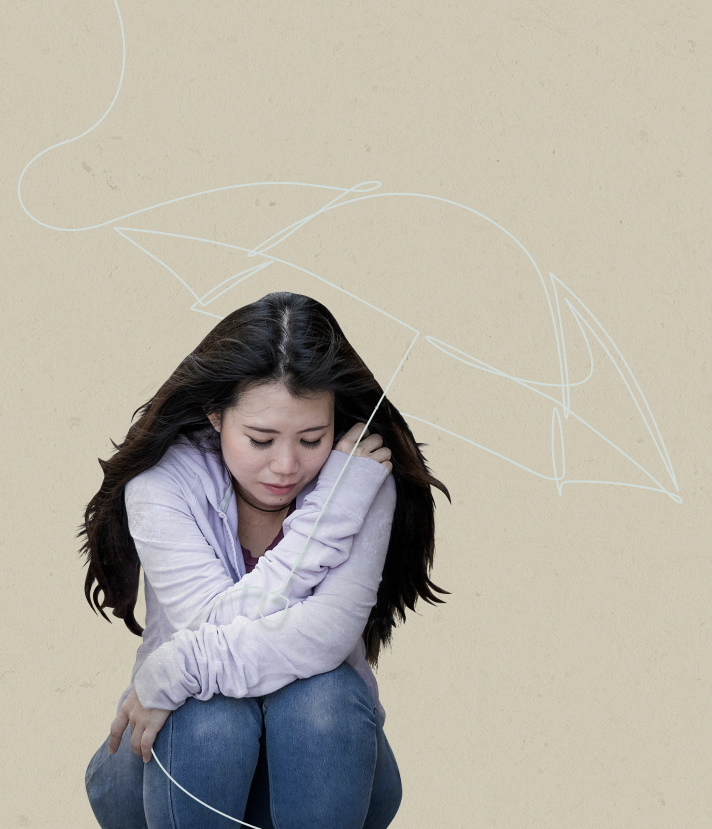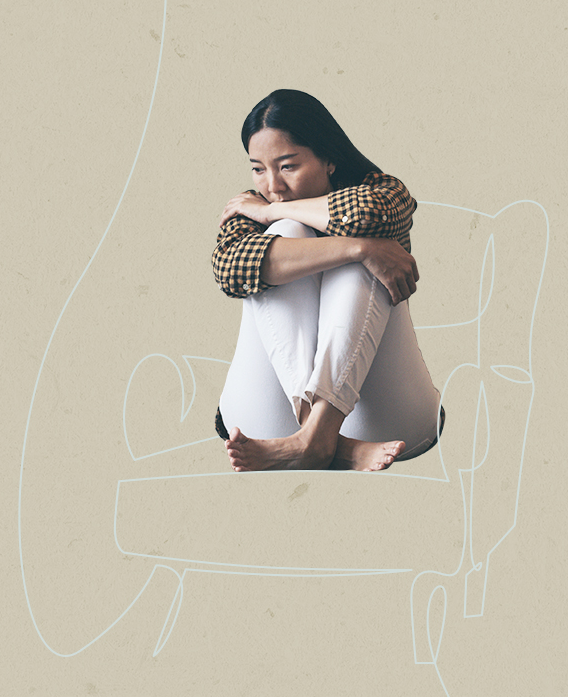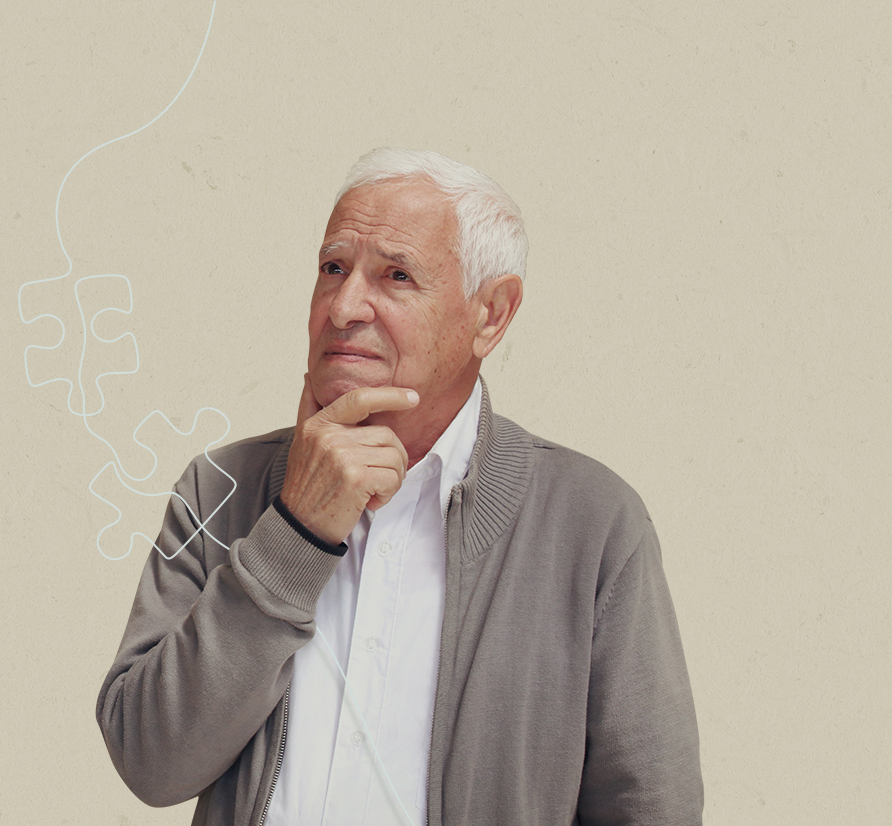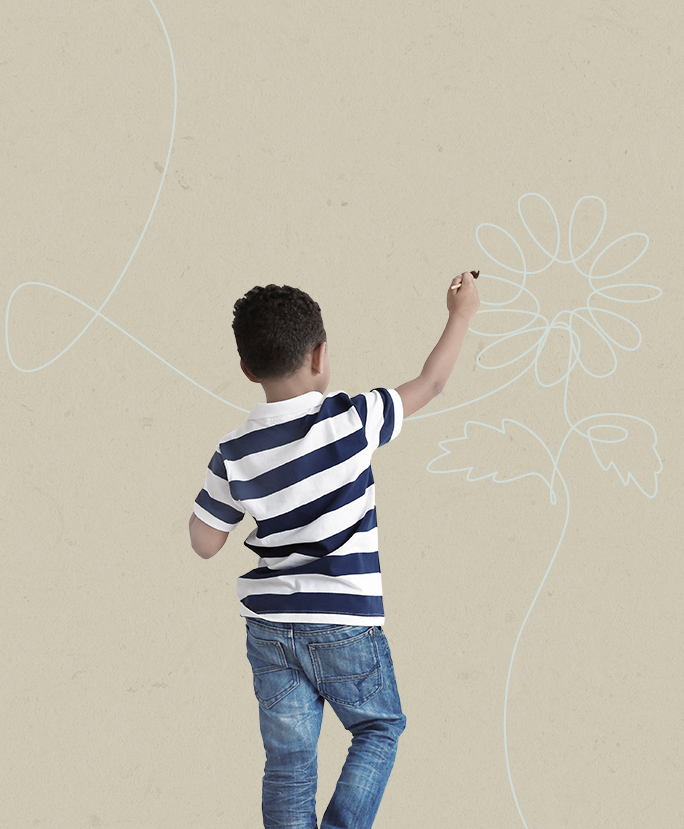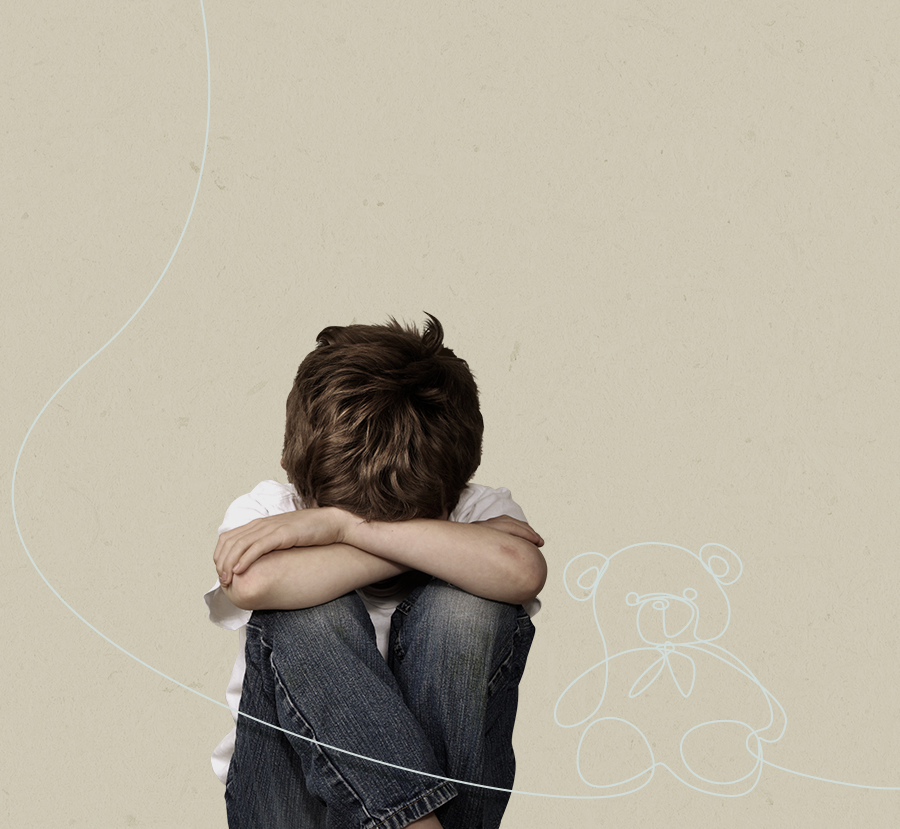Who is the program for?
Anyone who is homeless or at risk of homelessness, including singles, couples and families who are homeless or in a housing crisis. The Crisis Response Program (CRP) provides short term intensive case management to people experiencing homelessness or at risk of homelessness.
What are the objectives of the program?
This program supports people who are homeless in order to address issues that may have led to them becoming homeless. We do this through Case Management – linking people with the supports required to overcome or work through their problems.
The workers assist consumers in accessing and maintaining accommodation. The program operates via an outreach model of support. CRP provides support for up to eight weeks and will ensure that appropriate referrals and linkages are arranged after this period for ongoing support.
Where is the program offered?
Darebin, Banyule, Nillumbik, Whittlesea
How can you access this program?
Referrals are via Haven Home Safe, our local access point.
Program Contact Details
(03) 9482 3488
crisisresponse@merri.org.au
279 High Street, Northcote 3070
